As a BetterHelp affiliate, we receive compensation from BetterHelp if you purchase products or services through the links provided
Psilocybin mushrooms, commonly known as magic mushrooms or shrooms, have been used for centuries for their psychoactive effects. These mushrooms contain the compound psilocybin, which induces an altered state of consciousness characterized by changes in perception, thought, and emotion. Many individuals who consume shrooms often wonder if it is possible to sleep while under the influence of the substance.
The effects of shrooms on sleep can vary from person to person, and the ability to sleep may differ based on factors such as dosage, individual sensitivity, and the specific strain of mushrooms used. Some people might find it relatively easy to fall asleep on shrooms, but the overall quality of their sleep could be affected, leading to frequent waking and a feeling of restlessness. Others may struggle to fall asleep altogether due to the heightened senses induced by the substance.
Key Takeaways
- Magic mushrooms, or shrooms, contain psilocybin, which causes an altered state of consciousness and affects perception, thought, and emotion.
- The ability to sleep on shrooms can vary depending on dosage, individual sensitivity, and mushroom strain.
- Sleep quality may differ for those who fall asleep on shrooms, which can lead to frequent waking and a feeling of restlessness.
 What Are Shrooms?
What Are Shrooms?
Shrooms, also known as magic mushrooms, are fungi containing the psychoactive compounds psilocybin and psilocin. They’re known for their hallucinogenic and psychedelic properties, which can induce a unique altered state of consciousness, often marked by vivid, colorful visuals and heightened sensory experiences.
There are over 200 species of psilocybin mushrooms, with the most popular and well-known being Psilocybe cubensis. Other notable varieties include the more potent Blue Meanies and the famous Amanita muscaria. Each mushroom species varies in its effects, potency, and appearance, so knowing what you’re ingesting is essential.
As a psychedelic substance, shrooms work by binding to serotonin receptors in your brain. This process can temporarily rewire neural connections, altering your perception, thoughts, and emotions. People who consume shrooms often report experiencing profound thoughts, spiritual awakenings, and even life-changing realizations, depending on the dosage and individual reactions.
It’s important to note that shrooms are classified as hallucinogens, which can cause visual, auditory, and sensory hallucinations. While most users describe these experiences as enjoyable, there is always the risk of a “bad trip,” characterized by overwhelming fear, anxiety, or confusion.
In conclusion, shrooms are a fascinating and powerful natural psychedelic that can offer extraordinary experiences when used responsibly. While consuming shrooms can be a transformative and mind-opening process, it’s essential to remember that they can also lead to challenging experiences, especially in large doses or unfamiliar settings. It’s always best to approach their use cautiously and respectfully, ensuring you’re well-prepared for whatever journey the mushrooms may take you.
 Effects of Shrooms on the Brain
Effects of Shrooms on the Brain
When you consume shrooms, the primary active ingredient, psilocybin, gets converted into psilocin within your body. This compound resembles serotonin, a neurotransmitter responsible for regulating mood, perception, and other cognitive processes.
As psilocin binds to serotonin receptors, it can trigger various psychological effects. These changes in your brain may cause you to experience:
- Enhanced sensory perception, making colors more vivid and sounds more intense
- Altered thought patterns and introspection
- Emotional shifts, ranging from euphoria to anxiety
- Spiritual or mystical experiences
Now, let’s dive into how these effects influence your sleep.
Mood and Perception
Your mood and perception can drastically impact your ability to sleep. The hallucinogenic effects of shrooms may alter your state of mind and keep you awake. You might feel more alert and in tune with your surroundings rather than relaxed and sleepy. While this may be intriguing, it is not ideal for falling asleep.
Serotonin Receptors
Since psilocin primarily binds to serotonin receptors, it may disrupt sleep patterns. Serotonin regulates your sleep cycle, especially during the non-REM stages. This interference can lead to periods of insomnia or disrupted sleep.
Sleep Cycle Effects
The effects of shrooms on your sleep can be unpredictable. Some people may experience deep, restful sleep due to the calming effect of serotonin on the brain. Others may struggle to sleep due to heightened perceptual experiences and anxiety caused by the hallucinogenic properties. These variations can depend on dosage, setting, and individual differences.
Remember that sleep usually returns to normal once the effects of psilocybin subside. To ensure better sleep, avoiding shrooms close to bedtime is recommended. Allow enough time for the substance to wear off before attempting to sleep.
 Exploring Sleep
Exploring Sleep
Sleep is a vital process for your body, allowing it to restore and rejuvenate. During sleep, various stages occur, including light sleep, deep sleep, and REM sleep. Each stage has its unique characteristics and functions. Your sleep quality is essential for overall well-being, and factors like sleep onset, sleep disturbances, and sleep schedule play a significant role in determining the effectiveness of your slumber.
Now, let’s talk about how sleep and magic mushrooms interact. When you consume shrooms, the psilocybin they contain can influence your sleep patterns. Some people might fall asleep after taking shrooms, but their sleep quality could be affected. It’s not unusual to experience frequent waking or vivid dreams. As a result, you might not feel as rested as you typically would.
Here are a few points to consider while using shrooms and how they might impact your sleep:
- Sleep disturbances: Shrooms can cause changes in your sleep patterns, leading to insomnia or fragmented sleep.
- Vivid dreams: Psilocybin can induce vivid and sometimes intense dreams, which may disrupt your sleep.
- Sleep onset: Shrooms might alter the time you fall asleep, affecting overall sleep quality.
However, keep in mind that everyone’s experience with shrooms is different. To enhance your chances of a good night’s sleep while using shrooms, try the following tips:
- Engage in relaxing activities before bedtime, like meditation or gentle yoga.
- Make your sleep environment as comfortable and familiar as possible.
- Avoid taking naps during the day to encourage better sleep at night.
- Maintain a regular sleep schedule to promote healthy sleep habits.
Remember, it’s best to consult a healthcare professional before using shrooms if you have any underlying medical conditions or take medications that may interact with psychedelics.
By understanding the potential effects of shrooms on sleep, you can better prepare yourself for any changes to your standard sleep patterns and take steps to minimize their impact on your rest and recovery.
 Shrooms and Sleep: An Overview
Shrooms and Sleep: An Overview
It looks like you’re curious about how magic mushrooms, known as shrooms, might affect your sleep. First things first, let’s gain a basic understanding of the relationship between shrooms and sleep. Shrooms contain a psychedelic substance called psilocybin, which can impact various aspects of your consciousness, including sleep.
Regarding low to moderate doses of shrooms, some users report that these doses have relaxing and calming effects, which can promote sleep. In contrast, higher doses might lead to stimulation and even insomnia. So, it’s essential to remember that shrooms’ effects on sleep can be dose-dependent.
Now, let’s discuss the commonly experienced effects of shrooms on sleep:
- Improved sleep quality: Some shroom users have reported feeling physically and mentally rejuvenated after sleeping on or consuming magic mushrooms. However, individual experiences may vary.
- Disrupted sleep: On the other hand, some people might find their sleep disrupted due to their intense, mind-altering experiences while under the influence of shrooms. This can result in feelings of wakefulness and difficulty falling asleep.
- Wakefulness during the trip: It’s not uncommon for users to experience a heightened sense of wakefulness while tripping on shrooms. This could potentially make it difficult to fall asleep during the trip.
To make the most of your experience with shrooms and sleep, consider these friendly tips:
- Pay attention to your dose: Start with a smaller amount to see how it affects your sleep, and adjust accordingly to find the right balance for relaxation.
- Create a comfortable environment: Set up your sleeping space for comfort and relaxation, enhancing your chances of falling asleep after taking shrooms.
- Be prepared for potential sleep disruptions: Remember that your sleep might be disrupted during the trip, so brace yourself for potential wakefulness.
Always remember that each person’s experience with shrooms will differ. While magic mushrooms can affect sleep in various ways, it’s essential to listen to your body and take your personal preferences and reactions into account. Happy tripping, and sleep well!
 Dosage and Effects
Dosage and Effects
When consuming magic mushrooms, finding the right dosage is essential to ensure a positive experience. In this section, we’ll explore how the dose of shrooms can impact your sleep and touch on the risks and dangers associated with overconsumption.
Overconsumption Risks
While a light to moderate dose of magic mushrooms (0.1 to 2.5 grams of Psilocybe cubensis) might not significantly interfere with your sleep, higher doses can lead to adverse effects, making it difficult to get a good night’s rest. Here are some risks and dangers to be aware of when taking larger doses of shrooms:
- Paranoia and panic: High doses can cause intense anxiety, leading to paranoia and panic, making it challenging to fall or stay asleep.
- Nausea: Consuming larger doses may result in stomach discomfort and nausea, potentially keeping you awake and uncomfortable.
- Impaired judgment: Higher doses of magic mushrooms can cloud your thinking and impair your judgment. This might make it difficult to make rational decisions, potentially contributing to a disrupted sleep pattern.
- Bad trips: Overconsumption might lead to overwhelming and frightening hallucination experiences, commonly known as bad trips. Fear and anxiety during a bad trip may keep you awake, preventing proper rest.
To minimize the risks of adverse reactions and promote a more restful sleep, consider starting with lower doses of magic mushrooms. Listen to your body and adjust your dosage accordingly. Remember, it’s always better to err on caution and enjoy a milder experience than to face the potential risks of taking too much. Stay safe, and enjoy the journey!
Possible Side Effects
When experimenting with shrooms, it’s essential to be aware of potential side effects that may occur. Side effects can vary significantly from person to person, but let’s discuss some common possibilities:
- Anxiety and Depression: Shrooms can sometimes lead to increased anxiety and depression. In some cases, it may worsen pre-existing mental health issues. It’s crucial to be mindful of your mental state before consuming shrooms.
- Dizziness: Experiencing dizziness is fairly common while under the influence of shrooms. To help manage dizziness, ensure you’re staying hydrated and seated in a comfortable environment.
- Heart Rate and Blood Pressure: Shrooms can affect your cardiovascular system, causing fluctuations in heart rate and blood pressure. If you have a pre-existing heart condition or are concerned about how shrooms might affect you, consider speaking with a medical professional.
Here’s a list of some additional side effects that you may encounter:
- Changes in body temperature
- Increased stimulation
- Nausea
- Yawning
- Feeling drowsy
- Nervousness
- Paranoia
- Hallucinations
- Psychosis
Each person will react differently to shrooms, and experiences can be influenced by factors such as the dose, setting, and user’s prior experience with the substance. It’s essential to be aware of these potential side effects and be prepared to manage them if necessary.
Key Takeaway: While sleeping on shrooms is possible, various side effects might impact your sleep quality and overall experience. Be cautious and informed about potential side effects before experimenting with shrooms.
Interactions with Other Substances
When taking shrooms, you must consider possible interactions with other substances you may be using. Mixing shrooms with various substances can lead to unpredictable effects on your sleep and overall experience.
Alcohol: Combining shrooms with alcohol is not recommended, as psilocybin may lessen the perceived effects of alcohol and increase the likelihood of consuming more than intended. Overconsumption of alcohol can lead to disrupted sleep and potential health risks.
Caffeine: While caffeine is not directly harmful when taken with shrooms, it can disrupt sleep patterns if consumed later in the day. The stimulating effects of caffeine may clash with the relaxing properties of shrooms, causing an uneasy experience and possibly keeping you awake longer than desired.
LSD: As both shrooms and LSD are psychedelic substances, their combined effects can be intense and unpredictable. These substances may amplify one another’s effects, leading to an overwhelming experience and potential sleep disturbances.
Other substances: Mixing shrooms with other psychoactive substances like marijuana can also alter the overall effect. For example, nearly 60% of university students who had taken magic mushrooms also consumed cannabis simultaneously. While some individuals may find that combining shrooms and marijuana enhances the experience, others may experience more adverse effects, such as heightened anxiety or disrupted sleep.
When considering substance use, remember that everyone’s experience is unique, and what works well for one person may not suit you. It’s important to keep substance use at a minimum to avoid addiction and negative health consequences.
Key takeaway: To minimize the risk of undesired effects on your sleep and overall experience, it’s critical to be mindful of potential interactions between shrooms and other substances, such as alcohol, caffeine, LSD, and marijuana.
 Sleep Improvement Techniques
Sleep Improvement Techniques
Take a warm bath or shower: Soaking in a warm bath or shower before bedtime can help relax your body and mind. The warmth increases your body temperature, and the subsequent cool-down period signals it’s time to sleep.
Meditate: Meditation is a powerful relaxation technique that can help calm your thoughts and create a positive, serene sleep environment. You don’t need fancy equipment; find a quiet space, sit comfortably, close your eyes, and focus on your breath for a few minutes.
Ensure a comfortable sleep surface: Your mattress and pillow are crucial in helping you fall asleep. Ensure they provide the support and comfort needed for a good night’s rest. Invest in a new mattress or memory foam pillow to enhance your sleep experience.
Stick to a regular sleep schedule: Try to go to bed and wake up simultaneously each day, even on weekends. This helps regulate your body’s internal clock, making it easier to fall asleep when needed.
Incorporate physical activity: Regular exercise improves your overall health and contributes to better sleep. Just wrap up your workout a few hours before bedtime so your body has time to wind down.
Learn relaxation techniques: Anxious thoughts and stress often contribute to sleep difficulties. Techniques like progressive muscle relaxation and deep breathing exercises can help you unwind and drift off more quickly. Practice these methods regularly, and you may discover they make a big difference in your ability to fall asleep.
Engage in calming activities: Create a bedtime routine that includes calming activities like reading, listening to calming music, or practicing mindfulness. These can help signal your body that it’s time for sleep and encourage a restful night.
Remember, everyone’s sleep needs and habits are different. The key is to find a combination of sleep improvement techniques that work best for your specific needs. Happy sleeping!
Setting for Optimal Experience
When it comes to enjoying shrooms and ensuring a good night’s sleep, the setting you choose plays a significant role in your overall experience. Let’s discuss some essential factors for creating an environment conducive to fun, relaxation, and connection.
First and foremost, choose a comfortable, familiar space where you feel safe and at ease. Remember that your surroundings can enhance or hinder your sense of relaxation. A cozy room with soft lighting, pleasant scents, and comfortable seating goes a long way in helping you feel more at ease and present.
Also, be aware of the temperature in your environment. A comfortable room temperature, around 68°F (20°C), ensures you won’t be too hot or cold during your experience. If things get too warm or chilly, don’t hesitate to adjust the thermostat or grab a blanket as needed.
Here are some more tips for setting up your ideal environment:
- Embrace nature: If possible, incorporate natural elements into your space, such as plants, crystals, or a water fountain. These can foster a sense of connection to the earth and promote relaxation.
- Manage noise levels: Be mindful of loud or distracting noises that disrupt your sense of peace. Opt for calming background sounds, like soft music or nature sounds, to create a soothing atmosphere.
- Prep your space beforehand: Tidy up your surroundings to eliminate any clutter or distractions that may cause stress or anxiety during your experience.
When it comes to other people, consider sharing your shroom adventure with someone you trust and feel comfortable with. Having a trusted friend or partner can enhance your enjoyment and support you in navigating emotions or sensations that may arise.
Lastly, don’t forget to stay hydrated and have some healthy snacks on hand. Nourishing your body with water and nutritious food can help maintain your energy levels and contribute to a positive shroom experience.
Key takeaway: Creating an optimal environment involves selecting a comfortable, familiar space, managing temperature and noise levels, incorporating natural elements, and surrounding yourself with trusted companions. Take the time to set up your surroundings to ensure a more enjoyable and relaxing shroom experience.
 Shrooms and Mental Health
Shrooms and Mental Health
When it comes to psilocybin mushrooms, or “shrooms,” it’s essential to consider their impact on mental health. As a mental health professional, you must understand how these substances might influence various mental health conditions.
Shrooms have been observed to have both positive and negative effects on mental health. Sometimes, they can alleviate symptoms of post-traumatic stress disorder (PTSD) and depression. Evidence suggests that repeated microdosing of psilocybin might improve mood and cognitive function, making it an intriguing option for some individuals.
However, there are potential risks as well. Shrooms can exacerbate pre-existing mental health issues, and those with a history of substance abuse should be cautious. Additionally, the experience can vary depending on dosage and the individual’s mental state.
Here are some points to remember when assessing shrooms and mental health:
- Psilocybin has shown promise in treating PTSD and depression in some cases
- Microdosing may lead to improved mood and cognitive function
- Shrooms can have adverse effects on individuals with pre-existing mental health conditions
- Those with a history of substance abuse should be cautious when considering shrooms
Understanding how shrooms affect mental health can help you make informed decisions for your patients and those in your care. No two cases are alike, so it is essential to consider each individual’s unique circumstances.
Conclusion
In conclusion, getting a restful sleep when you’re on shrooms is not easy. While some people might manage to fall asleep, the overall quality of sleep and the ability to stay asleep can be compromised. It’s important to understand that everyone’s experience may vary, as Dr. James Giordano mentioned in DoubleBlind Mag.
To make it easier to fall asleep after taking shrooms, here are some tips:
- Create a relaxing environment by dimming lights, adjusting the temperature, and minimizing noises.
- Try soothing activities like taking a warm bath, deep breathing exercises, or listening to calming music.
- Avoid stimulants like caffeine and nicotine close to bedtime.
- Establish a consistent sleep routine to help regulate your body’s internal clock.
Remember that the effects of psilocybin, the active ingredient in magic mushrooms, can have a significant impact on sleep patterns. Keep this in mind when you decide to experiment with shrooms. It’s better to be prepared and know what to expect in terms of sleep disruption, so you can plan accordingly and ensure a safer, more enjoyable experience.
Lastly, although it might be tempting to try lucid dreaming while on shrooms, this might not be the best idea since the quality of your sleep could be affected. It’s recommended to explore lucid dreaming through other, more natural approaches before incorporating shrooms into the mix.
In the end, always be cautious and informed when engaging with hallucinogens like magic mushrooms. Your well-being and sleep health should come first.
Frequently Asked Questions
Can shrooms affect sleep quality?
Yes, shrooms can affect sleep quality. Psilocybin, the active compound in magic mushrooms, has the potential to impact your sleep. Many users report difficulties falling and staying asleep immediately after taking hallucinogenic mushrooms. However, the effects of psilocybin on sleep are not fully understood, and the experience may vary from person to person.
How do shrooms influence dreaming?
Shrooms can influence dreaming, especially during the REM (Rapid Eye Movement) sleep stage, which is associated with vivid dreaming. The exact nature of the effect of shrooms on dreaming is unclear, but anecdotal reports suggest that psychedelic experiences can lead to more vivid, intense, or even lucid dreams.
Are there any safety concerns related to sleeping on shrooms?
There are no specific safety concerns related to sleeping on shrooms. However, it is advisable to be in a safe and comfortable environment if you plan to sleep after taking shrooms, as the psychedelic effects can alter your perception and judgment. If you feel uncomfortable or concerned about your safety during the experience, it’s important to have a trusted friend or sober tripsitter present to support and reassure you.
How long should one wait after taking shrooms to go to bed?
The effects of shrooms can vary depending on factors such as the dosage and individual sensitivity. In general, you may want to wait at least 6-8 hours after taking shrooms before attempting to sleep. This allows the psychedelic experience to subside and give your body and mind time to return to a more relaxed state.
What are some tips for achieving sleep after a psychedelic experience?
To improve your chances of falling asleep after a psychedelic experience:
- Create a calm and relaxing sleep environment
- Limit exposure to screen-based devices (phones, computers, TVs)
- Consider using relaxation techniques like deep breathing, meditation, or progressive muscle relaxation
- Opt for a comfortable sleeping position
- Listen to calming music or nature sounds
- Some people find that drinking a cup of warm, non-caffeinated tea, such as chamomile, can be helpful
Can using shrooms lead to sleep disturbances?
While some people experience no notable sleep disturbances after using shrooms, others report difficulty sleeping or altered sleep patterns. This can include difficulty falling asleep, staying asleep, or experiencing vivid or intense dreams. If sleep disturbances persist or become problematic, consider seeking guidance from a healthcare professional.
Key takeaway: Sleep disturbances can be common after using shrooms, so it’s important to prepare accordingly and give yourself time to recover from the experience.
- 3 Ways Wearing a Hat Can Help Lower Your Stress Levels - April 19, 2025
- Breaking the Silence: Why Men’s Mental Health Matters More Than Ever - April 15, 2025
- How to Transform a Home’s Patio Space into a Relaxing Space - March 23, 2025
This site contains affiliate links to products. We will receive a commission for purchases made through these links.

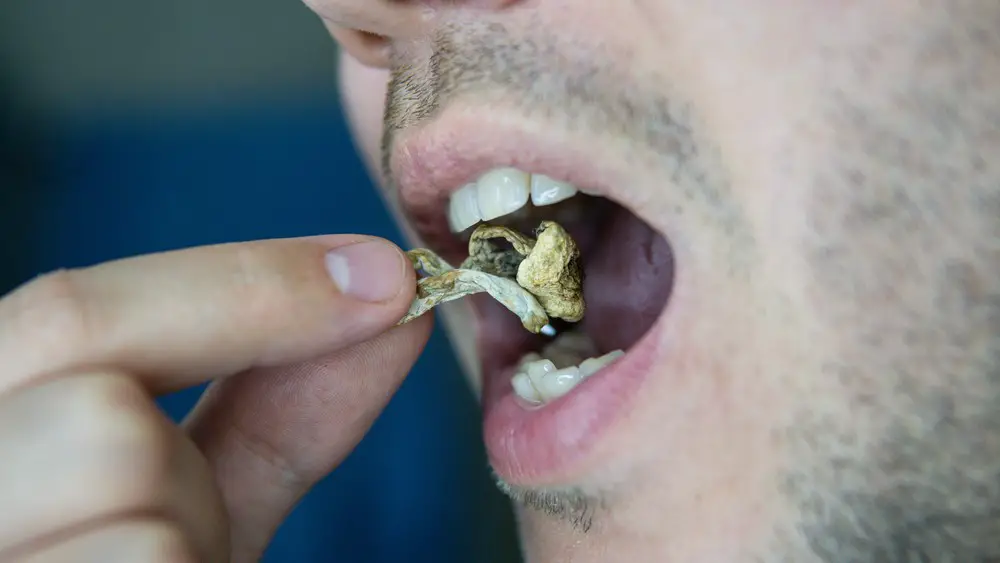
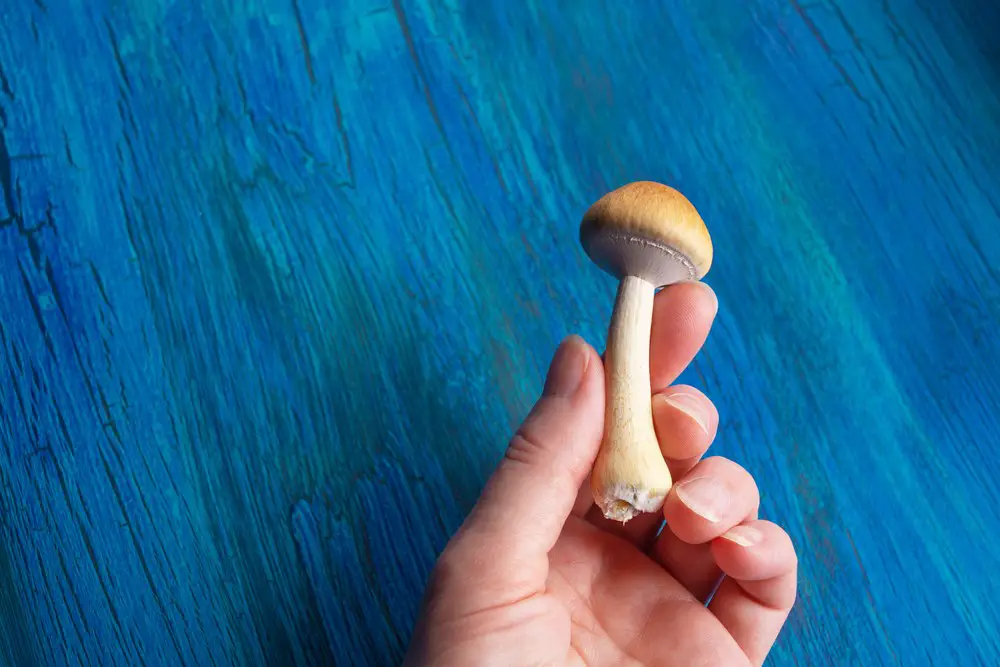 What Are Shrooms?
What Are Shrooms?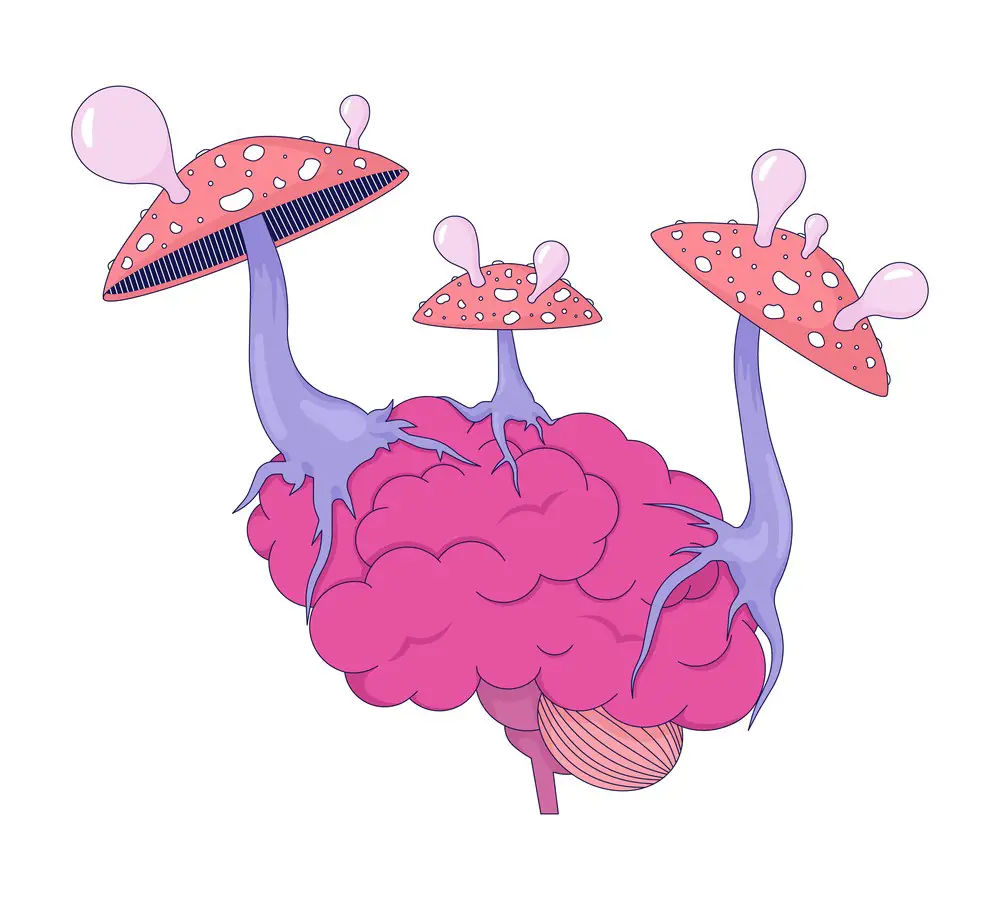 Effects of Shrooms on the Brain
Effects of Shrooms on the Brain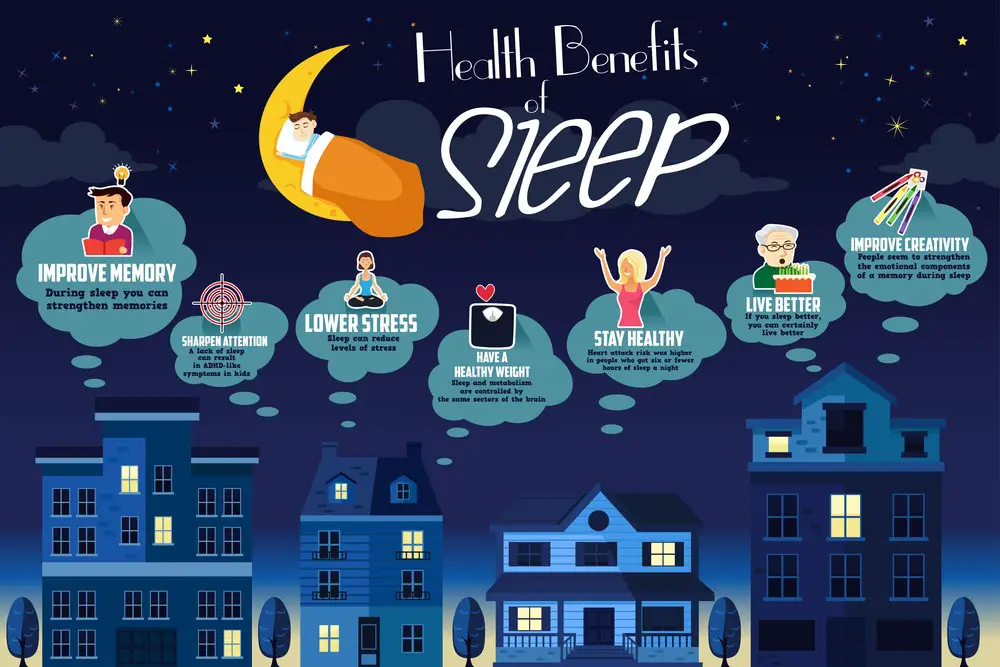 Exploring Sleep
Exploring Sleep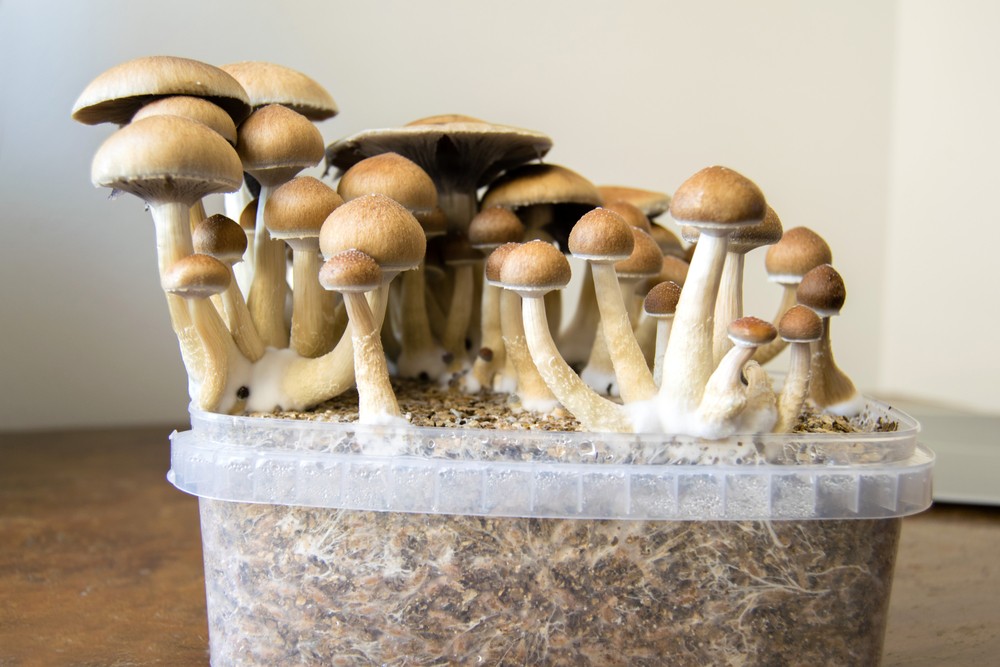 Shrooms and Sleep: An Overview
Shrooms and Sleep: An Overview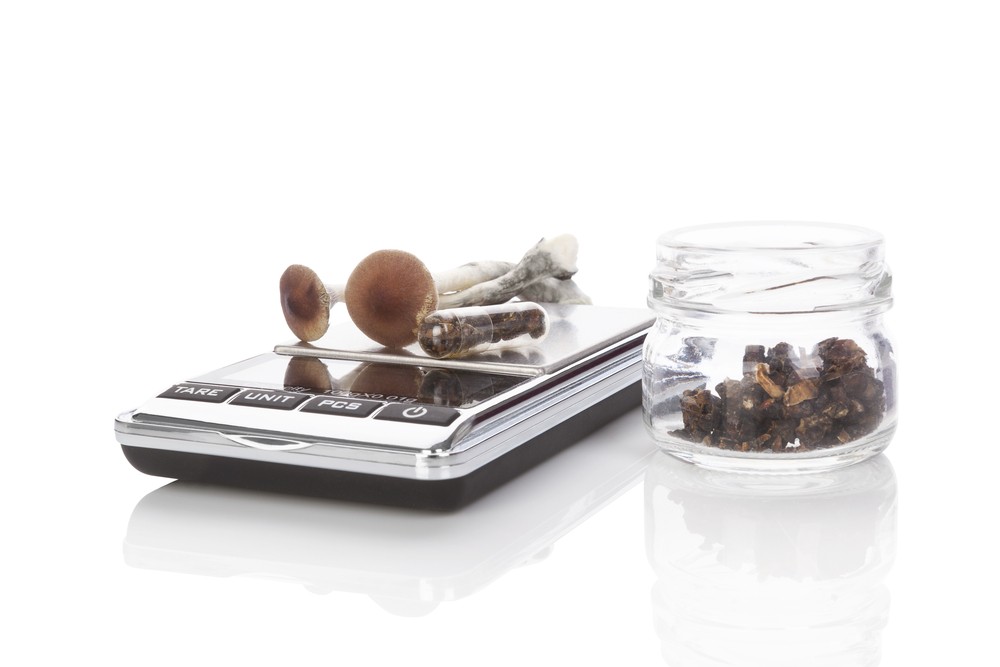 Dosage and Effects
Dosage and Effects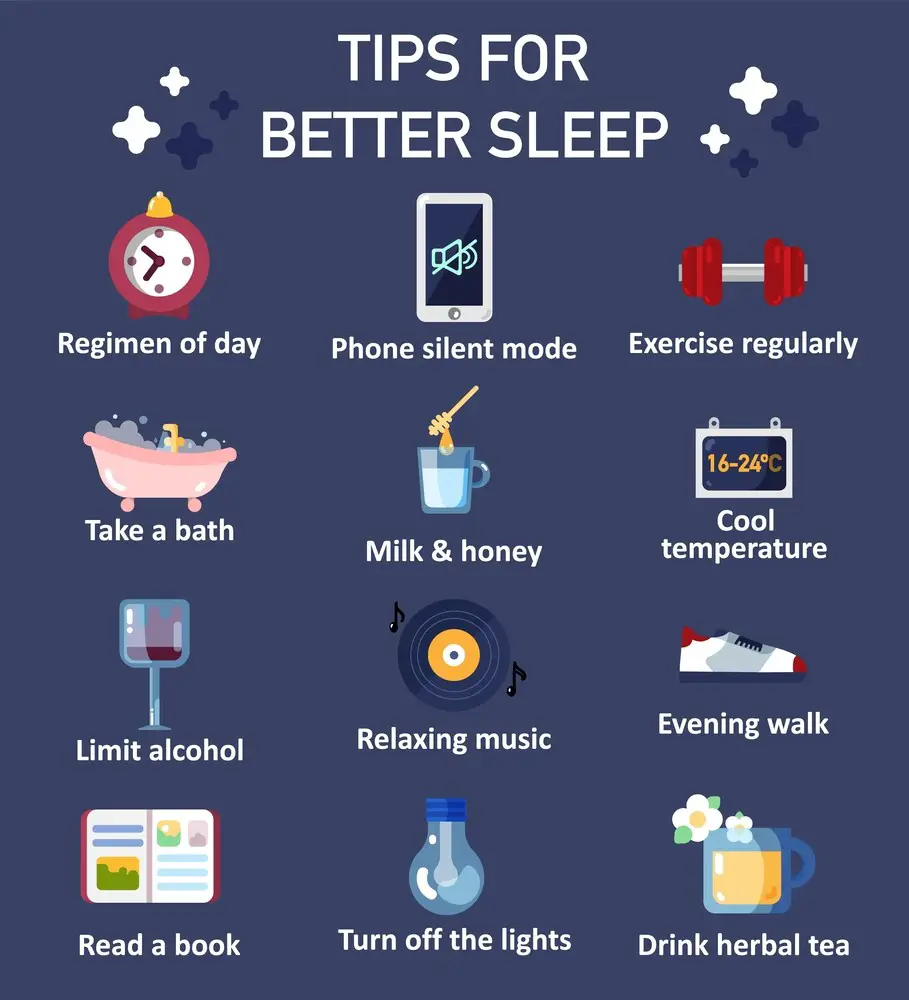 Sleep Improvement Techniques
Sleep Improvement Techniques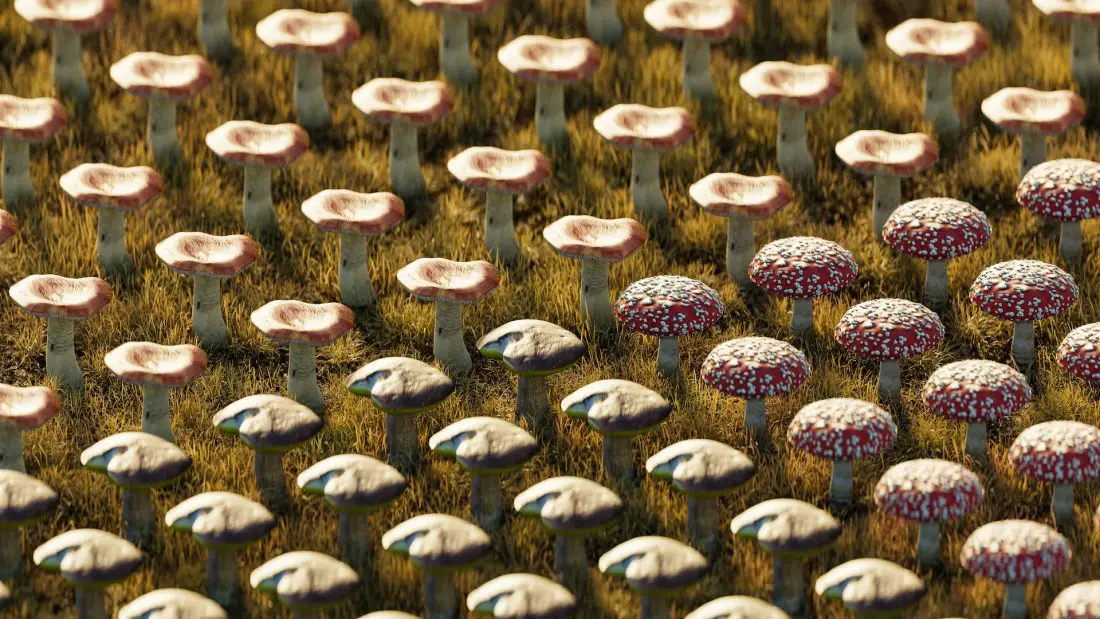 Shrooms and Mental Health
Shrooms and Mental Health
